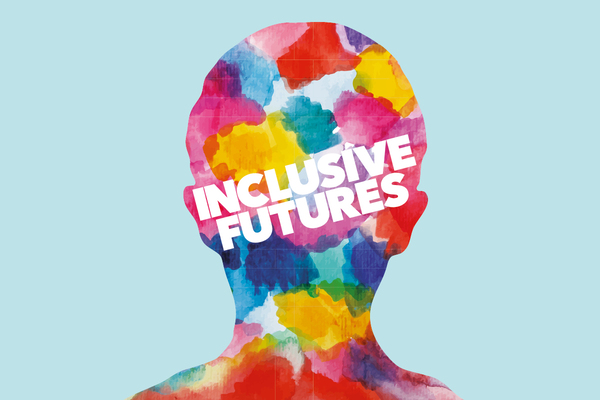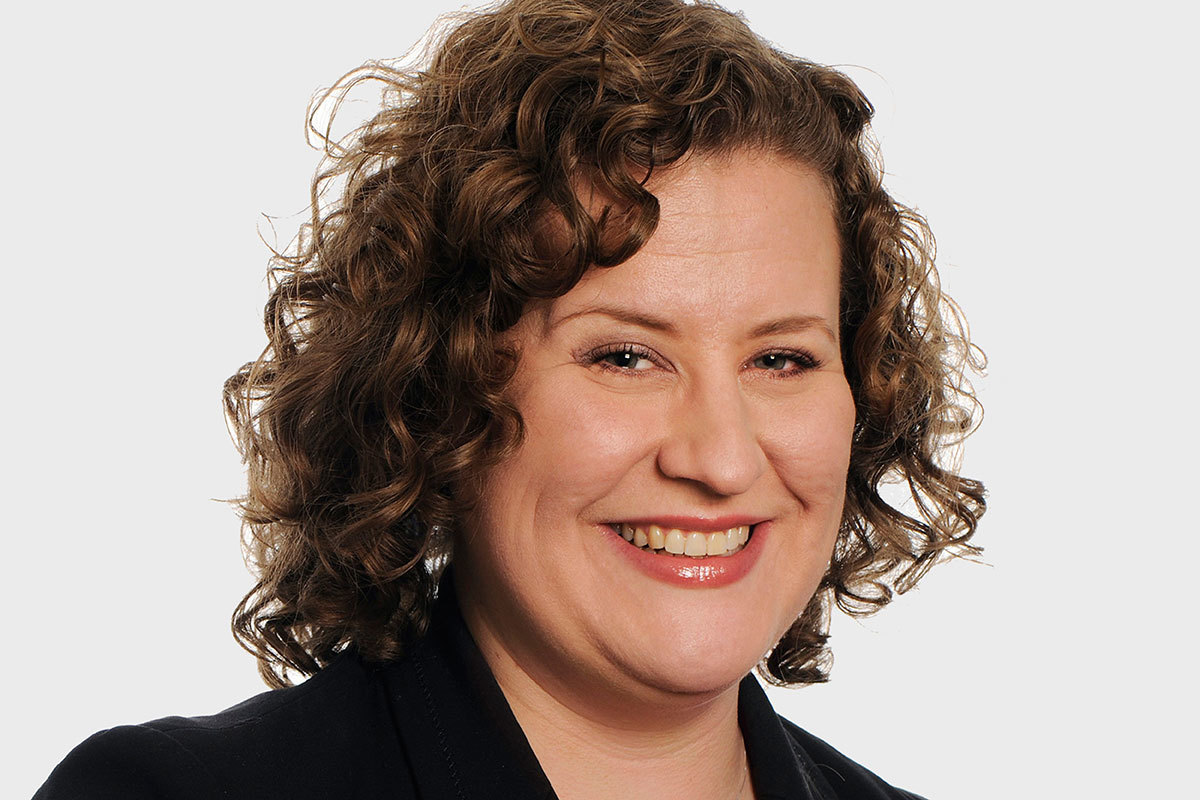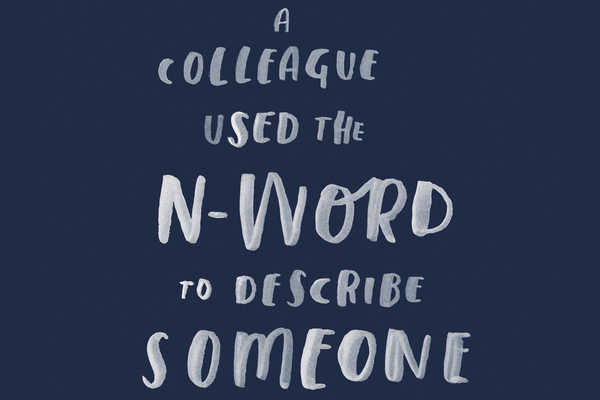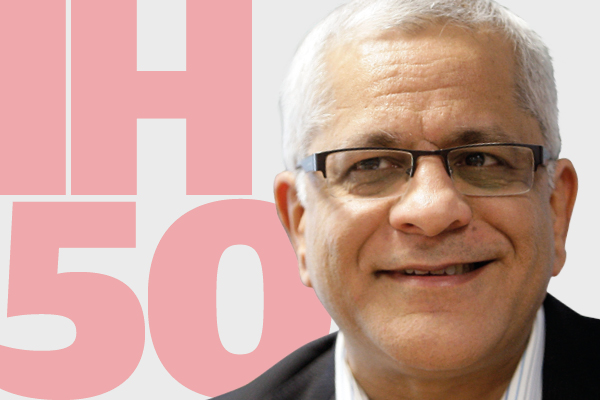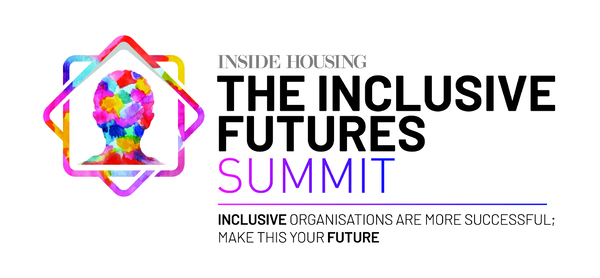You are viewing 1 of your 1 free articles
Time for a debate about the culture of leadership in the sector
We need to have an honest conversation to understand why there aren’t more women in senior roles, says Kate Still
Inside Housing’s Inclusive Futures campaign aims to promote diversity and inclusion among housing’s leadership teams
The issues that women face trying to get senior roles in housing should lead us to ask some fundamental questions about the culture of leadership and management in the sector.
We ran the first of our free Women in Leadership events focused on overcoming the challenges faced by women who work in the housing sector earlier this year, and the results were extremely interesting.
First of all, it is very clear that we need to do more to remove some of the barriers women face in securing senior roles in housing.
Many of the women who attended our event spoke of feeling disadvantaged by the dominance that property, finance and other corporate-focused skills still has at executive levels in the sector and said that support to gain corporate breadth often wasn’t there.
“Many women reported being undermined in their roles by their peers and colleagues because of the social stereotyping of women.”
Others said that self-doubt was a major factor when it came to pursuing leadership roles and that this was worsened by a culture of criticism and comment passed on to them throughout their careers.
This wasn’t just from their colleagues, but also from family members, friends and their children’s teachers.
Many reported being undermined in their roles by their peers and colleagues because of the social stereotyping of women and felt that this hindered their ability to contribute and speak up about the impact of the issues.
These issues won’t be surprising to anyone who has read recent headlines, including research by Inside Housing which highlighted the worrying scale of sexism in our sector and the gender pay gap that currently exists in many organisations.
There’s no doubt we have to do better to try to tackle some of these barriers, but we also have to ask ourselves a much more fundamental question about the quality of our leadership.
I found it particularly interesting that none of the women at our event spoke of direct discrimination, but plenty said that they had found the idea of being the only female leader on an executive team or board unappealing.
They didn’t want to be the lone minority voice at a leadership or board level and, quite frankly, didn’t find the prospect of working with many executive teams to be attractive.
This wasn’t just about the people they would be joining at the top, but also the impact of hierarchical and bureaucratic cultures which focus on presenteeism and out of hours networking.
In other words, part of the problem is not that women can’t get a senior role, it’s that they don’t want to.
“Plenty said that they had found the idea of being the only female leader on an executive team or board unappealing.”
And while some of the reasons women find it difficult to progress into senior roles are gender based, or are at the very least influenced by their gender, some of them also highlight some worrying things about the standard of our leadership.
If women are struggling to access senior positions because of the corporate skill set that continues to dominate at executive level, the real question for me is why those skills are still so dominant.
Grenfell alone has shown us that we need a much broader set of expertise on our executive teams and boards given the nature of our work.
Similarly, if women are being undermined by senior leaders in their organisation to the point they feel unable to contribute or speak up, what does that tell us about organisational cultures they are experiencing?
We need an open and honest debate about whether the housing sector is doing enough when it comes to leadership and we need to explore how we can drive its quality forward.
We have to ask ourselves if we have leaders with the skills and characteristics which really match up to the work that we do, if we have leaders who are authentic, inspirational and support people to thrive in senior roles.
In essence, are we creating work environments which help people, regardless of their gender, to flourish in their job, progress in their organisation and ultimately make a crucial contribution to the vital work that we do?
While a focused approach to helping more women get to the top level in housing is important, it’s just as crucial that we have a debate about what the future of leadership should look like in our sector.
Kate Still, chief operating officer, WM Housing
The Inclusive Futures Summit
Inside Housing is launching the Inclusive Futures Summit
Our high-level summit will bring together respected people leaders and exemplars from the across sector and wider business to debate, discuss and learn how to embed diversity and inclusion in your organisations and harness the myriad benefits that this creates and to ensure that your workplace is reflective of the diverse communities you serve.
Themes being discussed include why being an inclusive organisation can help you be more successful, how to make inclusion visible in your organisation and the best approaches to encourage diversity at board level.
Discussions will also focus on how to future-proof your recruitment processes, promote inclusion through talent management, build working environments safe from prejudice and tackle unconscious bias.
The summit will take place on October 11 at the Emirates Old Trafford, Manchester.
Inclusive Futures
Inside Housing’s Inclusive Futures campaign aims to promote and celebrate diversity and inclusion.
We are pledging to publish diversity audits of our own coverage.
We are also committed to proactively promoting positive role models.
We will do this through the pages of Inside Housing. But we will also seek to support other publications and events organisations to be more inclusive.
Our Inclusive Futures Bureau will provide a database of speakers and commentators from all backgrounds, for use by all media organisations.
We are also challenging readers to take five clear steps to promote diversity, informed by the Chartered Institute of Housing’s diversity commission and the Leadership 2025 project.
THE CASE FOR CHANGE
34%
of housing association chief executives are female
1%
of housing association executives have a disability
1.6%
of housing association board members are LGBT
Women make up 46% of the UK workforce, but Inside Housing research found that they are under-represented on housing association boards (36%), executive teams (39%) and among chief executives (34%).
Almost a fifth of working-age adults have a disability (18%), yet associations reported only 1% of executives and 4.5% of board members with a disability. Many were unable to provide details.
Nationwide, 14% of the working-age population come from a BME background, climbing to 40% in London and Birmingham. Yet our research found that 6.8% of board members identified as BME, compared with 4.5% of executives.
Statistics on representation of LGBT people in the workforce are in short supply, but official statistics suggest that 2% of the total UK population identify as lesbian, gay or bisexual, rising to 4.1% for 16 to 24-year-olds. Our survey found that 1.6% of board members and 10 executives were LGBT – but most organisations were unable to provide figures.
THE INCLUSIVE FUTURES CHALLENGE
Inside Housing calls on organisations to sign up to an inclusive future by taking five steps:
Prioritise diversity and inclusion at the top: commitment and persistence from chief executives, directors and chairs in setting goals and monitoring progress.
Collect data on the diversity of your board, leadership and total workforce and publish annually with your annual report. Consider gender, ethnicity, disability, sexuality, age, and representation of tenants on the board.
Set aspirational targets for recruitment to the executive team, board and committees from under-represented groups.
Challenge recruiting staff and agencies to ensure that all shortlists include candidates from under-represented groups.
Make diversity and inclusion a core theme in your talent management strategy to ensure you support people from under-represented groups to progress their careers.
INSIDE HOUSING’S PLEDGES
We will take proactive steps to promote positive role models from under-represented groups and provide information to support change.
We pledge to:
Publish diversity audits: We will audit the diversity of the commentators we feature. We will formalise this process and publish the results for future audits twice a year.
Promote role models: We will work to highlight leading lights from specific under-represented groups, starting in early 2018 with our new BME Leaders List.
Launch Inclusive Futures Bureau: We will work with the sector to compile a database of speakers, commentators and experts from under-represented groups. The bureau will be available to events organisers, media outlets and publications to support them to better represent the talent in the sector.
Take forward the Women in Housing Awards: Inside Housing has taken on these successful awards and will work to grow and develop them.
Convene Inclusive Futures Summit: Our new high-level event will support organisations to develop and implement strategies to become more diverse and inclusive.


